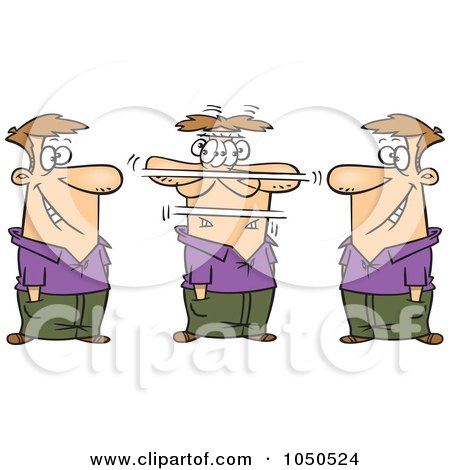It's so weird when it happens, isn't it?
WHOA! Anyone else feel déjà vu there? I sure did, and it made me wonder: What makes déjà vu happen?
Question: What causes déjà vu?
Answer: By definition, déjà vu is "the feeling that you have experienced a situation before even though you know you haven't" (Re: science.howstuffworks.com).
Furthermore, there are different types of déjà vu that someone can have. Precognitive experiences are one type, in which someone feels like they know what's going to happen next, and that happens. There are many other types that we won't get into, seeing as this tidbit only focuses on what makes déjà vu occur.
So, I went ahead and searched up déjà vu on howstuffworks, and found a neat little article (or big article, rather). You can look at the article I viewed here.
"[Many scientists] have since determined that the medial temporal lobe is involved in our conscious memory. Within the medial temporal lobe are the parahippocampal gyrus, the rhinal cortex and the amygdala. John D.E. Gabrieli at Stanford University found in 1997 that the hippocampus enables us to consciously recall events. He also found that the parahippocampal gyrus enables us to determine what's familiar and what isn't (and without actually retrieving a specific memory to do it)." (Re: science.howstuffworks.com)That wasn't a big wall of text, but it certainly had some big words! Let's break it down into my own summary:
Many parts of the brain are involved in déjà vu. Our conscious memory is where it generally happens, but a part of our brain called the hippocampus allows us to recall memories. Something called our parahippocampal gyrus (pretty much another name for the stuff around the hippocampus) also plays a role in déjà vu by encoding our initial memories so we can think we remember them later on.
 I also found a neat article on Wikipedia (where else?) that really shone the light, if what you've already read didn't:
I also found a neat article on Wikipedia (where else?) that really shone the light, if what you've already read didn't:The similarity between a déjà-vu-eliciting stimulus and an existing, but different, memory trace may lead to the sensation. Thus, encountering something which evokes the implicit associations of an experience or sensation that cannot be remembered may lead to déjà vu.Basically, that stated our condensed answer:
Déjà vu happens when our brain associates an existing memory with a new one.

No comments:
Post a Comment